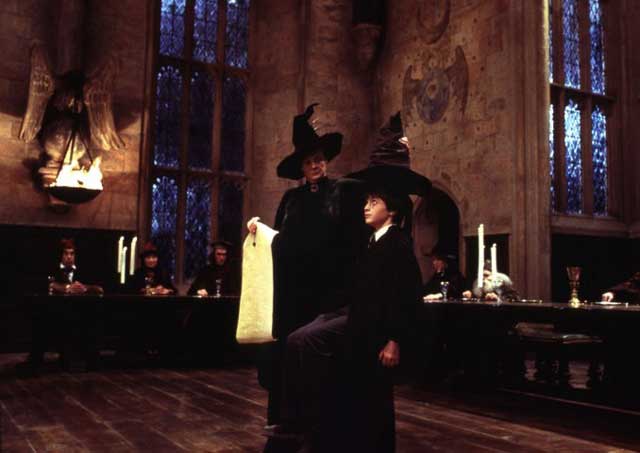State secondaries urged to bring back the house system
Cornerstone of private schools 'helps pupils to settle in'

Your support helps us to tell the story
From reproductive rights to climate change to Big Tech, The Independent is on the ground when the story is developing. Whether it's investigating the financials of Elon Musk's pro-Trump PAC or producing our latest documentary, 'The A Word', which shines a light on the American women fighting for reproductive rights, we know how important it is to parse out the facts from the messaging.
At such a critical moment in US history, we need reporters on the ground. Your donation allows us to keep sending journalists to speak to both sides of the story.
The Independent is trusted by Americans across the entire political spectrum. And unlike many other quality news outlets, we choose not to lock Americans out of our reporting and analysis with paywalls. We believe quality journalism should be available to everyone, paid for by those who can afford it.
Your support makes all the difference.The days of the "house" system – a cornerstone of Britain's independent schools – is making a comeback in the state sector.
Its return will be urged this week as a way of helping youngsters settle in during their first year of secondary schooling.
The system is used widely in the private school sector and is extolled in many of the most famous books written about private schooling – such as Goodbye Mr Chips, Tom Brown's Schooldays and Enid Blyton's Mallory Towers series.
On the eve of the start of a new school year, it is now being endorsed by the Specialist Schools and Academies trust (SSAT) – which represents most of the state secondary schools in England – as a way of preventing youngsters from slipping back after finishing primary school.
Ministers are alarmed at the number of pupils who appear to regress in their first year at secondary school. Researchers estimate the progress of as many as one in three pupils suffers when they move up to secondary school. Government research published earlier this year showed 16 per cent of pupils did not feel ready to start secondary school at the time of transfer – and 3 per cent were still worried a term after they started.
Supporters of the house system argue that it is a way of getting younger pupils to mix with older students – and remove the fear of them being a little fish in a big pool. The SSAT says several schools, including some of the Government's flagship academies, have already introduced the system as a means of bringing pupils of different age groups together.
"Ensuring students feel comfortable in their new surroundings and making them feel part of their new environment as quickly as possible is key to avoiding this dip in performance," the SSAT's report said. "It is a big leap for many students for whom social integration is of greater concern than the academic challenge. Happy students will be successful."
The SSAT also recommends allowing primary pupils to visit their secondary schools before they start there, and getting secondary pupils to visit primary schools to explain how their school works. Another idea is for 11-year-olds to be admitted at least a day before the new term starts to help familiarise them with the space and the facilities without other pupils around.
The friendliness of older children at secondary school was also vital, according to the SSAT research. "Secondary schools could involve older children to help year seven (11- and 12-year-olds) settle, and this strategy may alleviate children's and parents' worries, as well as reduce incidents of bullying," it added. "Older children in the school could assume the role of sister or brother since children with older siblings integrate better."
The report also indicates that secondary schools "do not appear to 'trust' data on children provided by primary schools". As a result, they are re-testing all children in their first term. Too many youngsters, it is argued, have spent the last year of primary school being coached to pass National Curriculum tests and have actually learnt little.
Join our commenting forum
Join thought-provoking conversations, follow other Independent readers and see their replies
Comments